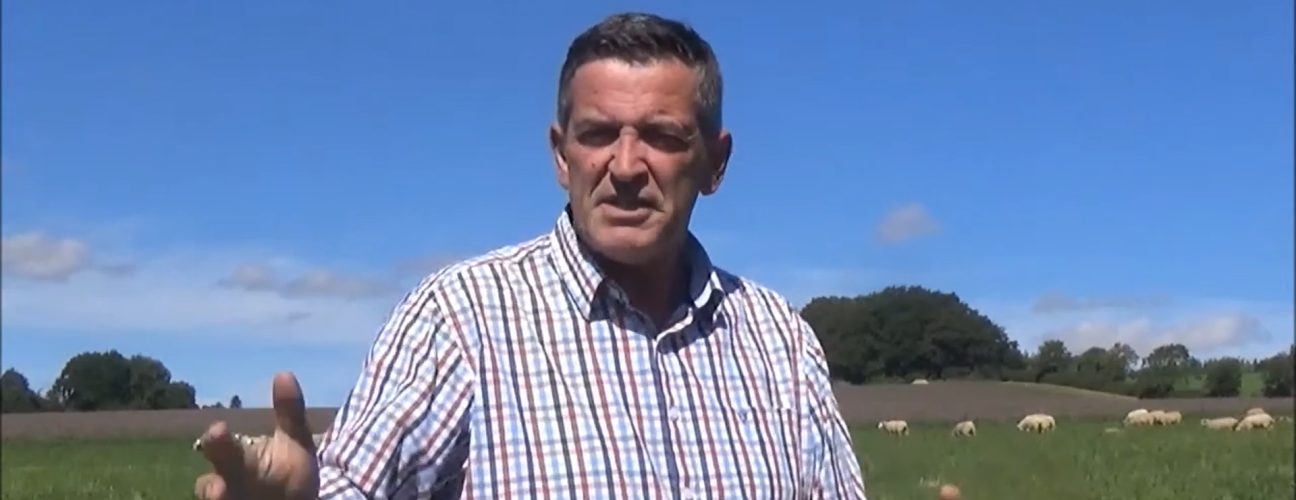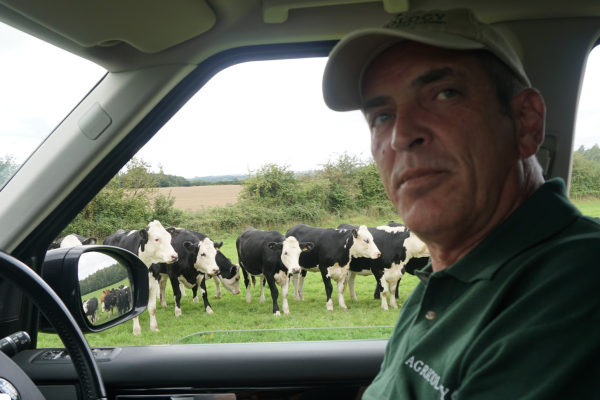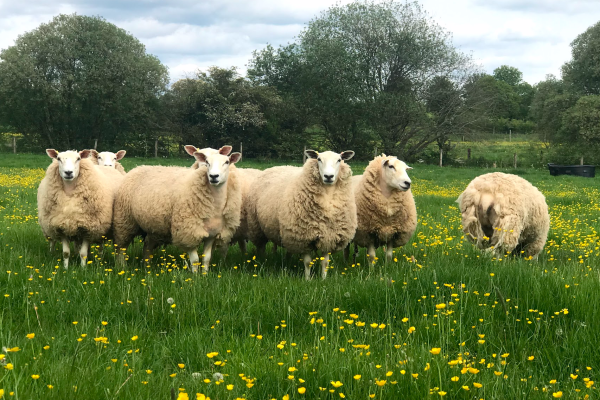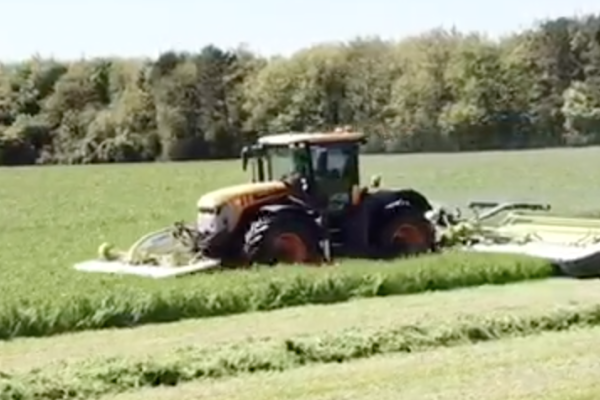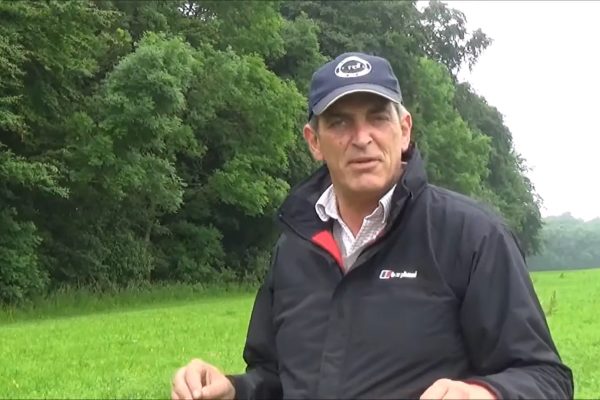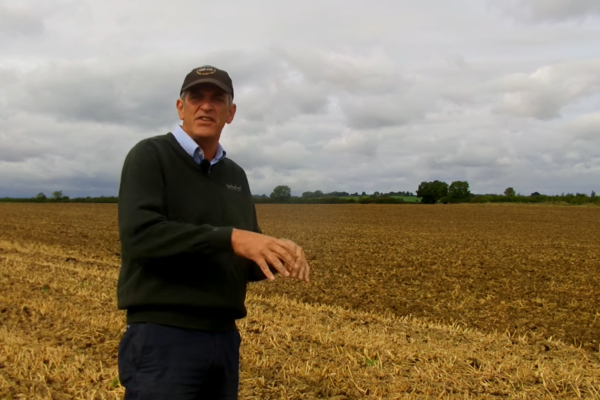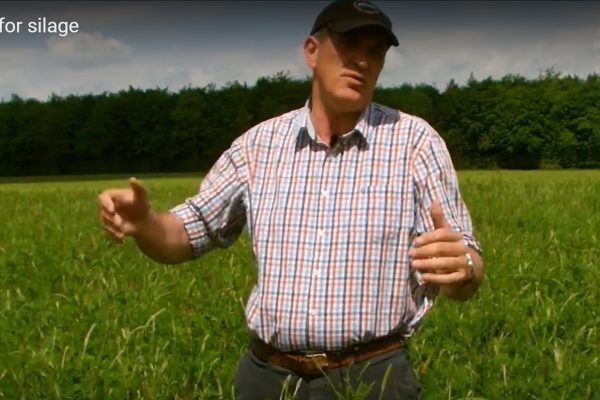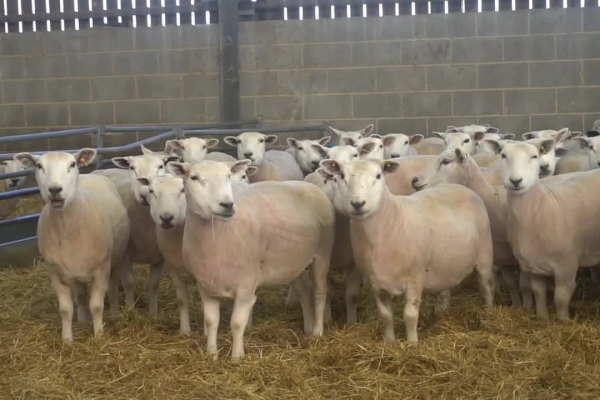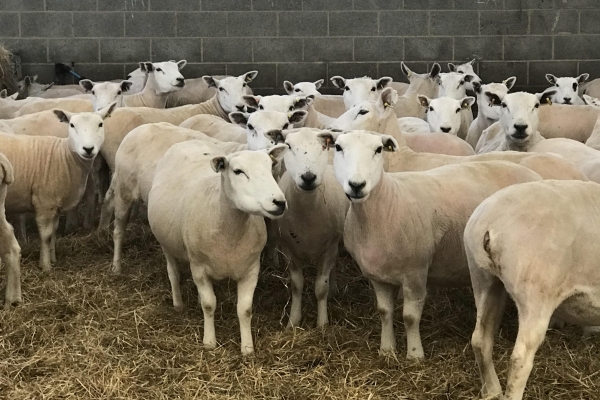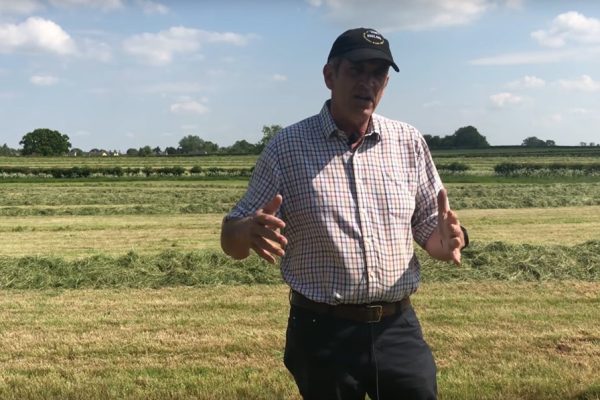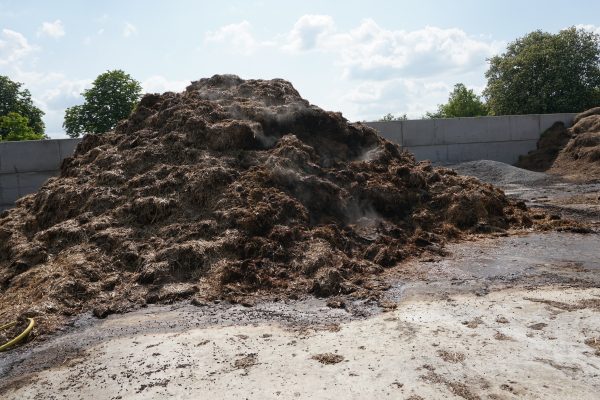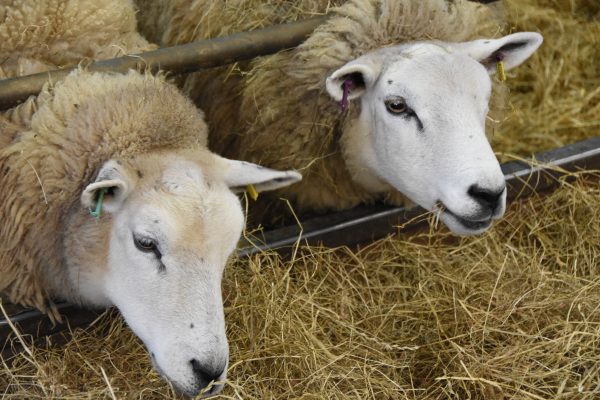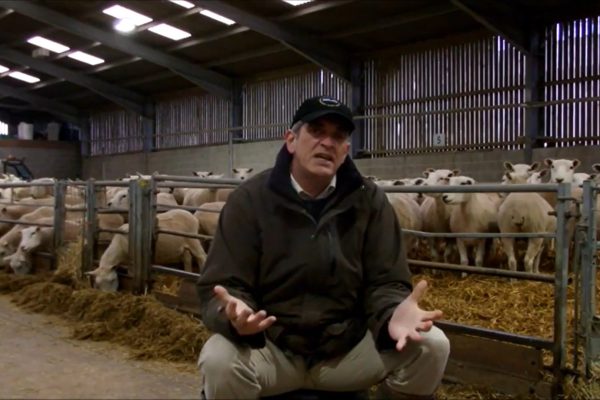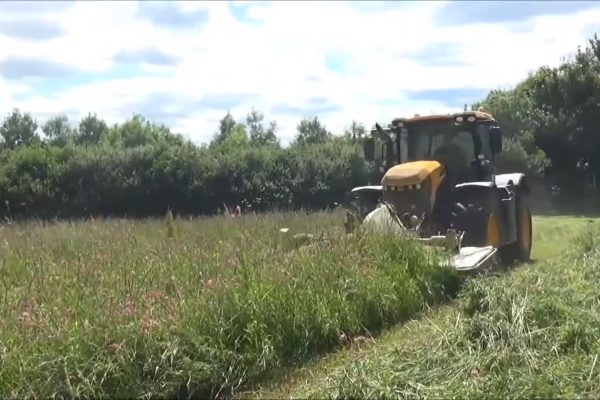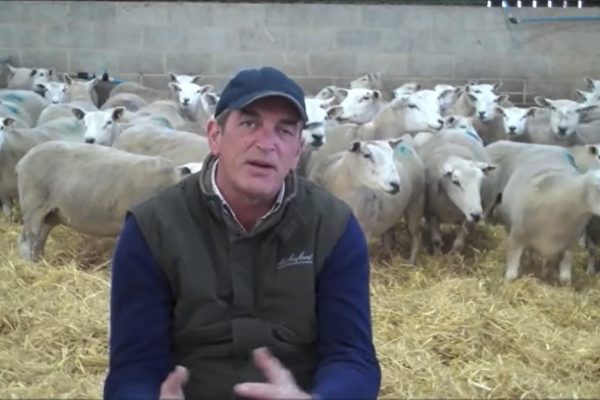Benefits of growing red clover and the use of FECPAK to reduce reliance on anthelmintic drugs
Richard Smith visits a stand of red clover at Daylesford Farm and then demonstrates the use of FECPAK to reduce the reliance on anthelmintic drugs for managing stock parasites.
Benefits of red clover:
- Builds fertility in the topsoil which will help to improve future cereal crops.
- Fantastic fuel for lambs when combined with rye grass to prevent bloat. Grazing sheep on stands of pure red clover can lead to issues with ‘red gut’ which is why the addition of rye grass is essential.
- Has anthelmintic properties to help protect sheep from parasites.
- Silage can be taken once or even twice a year.
- Can be used as green manure.
- Helps to control weeds due to its dense nature.
Use of FECPAK:
- A system developed in New Zealand, FECKPAK is used at Daylesford to reduce the reliance on anthelmintic drugs.
- The system is used to identify the parasites that are affecting the livestock and to build a picture of where the ‘sick areas’ of the farm are.
- Management plans can then be established for grazing the next year, to reduce the risk of stock being affected by parasites.
Note: Apologies for the wind noise in the video – improvements will be made to reduce this in next month’s blog.
The information contained above reflects the views of the author/s and does not necessarily reflect that of Agricology and its partners.
Related articles
Richard Smith discusses how he is converting a conventional arable field into a grass and clover ley for livestock and the reasons for doing it.
In this month's Agricology vlog, Richard Smith discusses how he monitors the internal parasites of the sheep to reduce the need for drenching.
Richard Smith (Farm Manager at Daylesford Organic Farm) gives an update on the nutritional analysis that was carried out on a juvenile sainfoin crop.
Richard Smith talks us through the establishment of his sainfoin crop at Daylesford organic farm, Gloucestershire, in this May video blog.
In this June video blog, Richard Smith discusses Sainfoin, reducing anthelmintic use and the recent Agricology Open Day at Daylesford.
In September’s vlog Richard Smith from Daylesford Organic Farm talks us through the process of preparing a field to put it back in to grass.
This month Richard explains the process of making sainfoin silage at Daylesford. He describes how the crop is mown and stored in the silage pit.
In this month's Agricology vlog, Richard Smith talks to us about scanning 1,200 Lleyn sheep at Daylesford Organic Farm with Bob Tofield.
Richard Smith, Farms Manager at Daylesford Organic, discusses why good breeding can reduce the need for additional inputs when housing sheep over winter.
In this month's Agricology vlog, Richard Smith, Senior Farm Manager at Daylesford Organic Farm, discusses the production of grass silage in an organic system.
Richard Smith, Farm Manager for Daylesford Farm discusses using manure compost in an organic system and the benefits.
In January's Agricology vlog, Richard Smith of Daylesford Farm discusses the forage he uses to feed his flock of commercial Lleyn Sheep.
This month Richard is in the sheep barn talking about the sheep enterprise at Daylesford.
In this July video blog, Richard Smith gives viewers an insight into the harvesting of his sainfoin crop at Daylesford Organic Farm.
Watch our March video blog and meet the commercial flock of Lleyn ewes Richard Smith manages at Daylesford Organic Farm.
